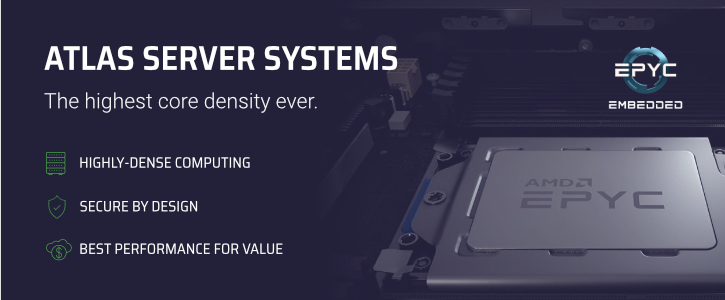Posted on January 1, 2025 by rawee.k
As artificial intelligence continues to transform industries heading into 2025, technology organizations of all sizes face critical decisions about the infrastructure supporting on-premises, software-as-a-service (SaaS) and AI workloads. While public cloud platforms have historically dominated, a hybrid approach—combining on-premises hardware with cloud resources—offers a compelling solution for balancing flexibility, cost-efficiency, and performance. This article targeted…
See the full article
Posted on June 6, 2020 by rawee.k
If you manage a virtualized environments at your organization, you should be aware that effective April 2, 2020, VMware moved from a per-CPU pricing model to a core-based pricing model. As a result of this licensing change, VMware will require an additional CPU license if a server’s CPU has more than 32 physical cores. Announced…
See the full article
Posted on March 3, 2020 by rawee.k
Update: March 2020 – The computer hardware industry has been greatly impacted by both supply chain issues from both Intel Xeon server processors and the COVID-19 (corona virus) outbreak, disrupting delivery lead times. Limited Availability: Intel Xeon Scalable Lead by strong server demand in Q4-19 for 2nd generation Intel Xeon server processors (Cascade Lake) coupled…
See the full article
Posted on December 12, 2019 by rawee.k
With a long history of building systems featuring AMD server processors – dating back to the Athlon in 1999 and first multi-core Opteron processor of the mid 2000’s – we were so excited to learn about the “Rome” EPYC 2 7-nm core architecture ambitions. Delivered in 2017, the first-generation EPYC processors built atop the 14-nm…
See the full article
Posted on November 11, 2019 by rawee.k
REDMOND, Wash., November 26, 2019 – Pogo Linux, a leading supplier of rackmount servers for the modern data center, today unveiled a series of rackmount servers based on the newest AMD EPYC™ processor, code-named “Rome”. The redesigned Atlas AMD Servers will take advantage of Rome’s features that focus on high-performance computing, multi-cloud implementation, virtualization and…
See the full article




